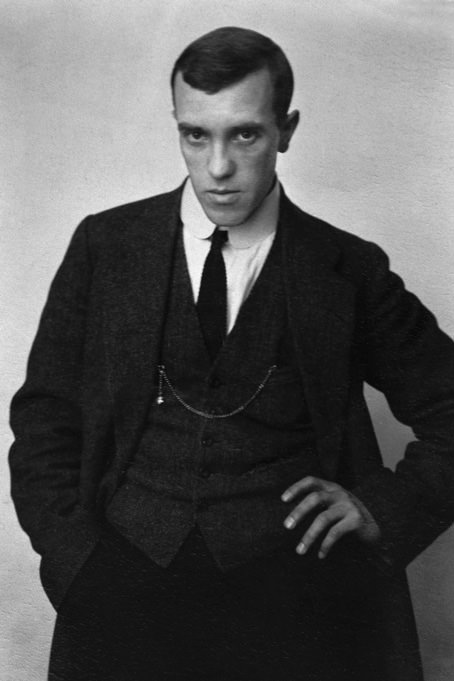Research grants of the Konrad Mägi Foundation
The aim of the research grants of the Konrad Mägi Foundation (henceforth KMF) is to support the research of Estonian art of the first half of the 20th century. The scholarships are intended for a master’s student and a doctoral student studying either in Estonia or abroad. Eligibility is not restricted by the applicant’s method of research: students of art history, conservation or any other discipline are welcome to apply.
In addition to the scholarships the KMF will give out an award to the best BA thesis that explores the above-mentioned period.
The scholarship commission and the award jury consist of representatives of the KMF, the Estonian Academy of Arts and the University of Tartu.
Bachelor students
Every spring the KMF grants one (1) award in the amount of € 2,000 to the best BA thesis – regardless of methodology – exploring Estonian painting in the first half of the 20th century.
Candidates for the BA award can be set up by the faculties or departments of universities. Nominations are to be submitted to the KMF after the BA theses have been defended, i.e. by 10 June.
Master’s students
Every autumn the KMF awards one (1) scholarship to a second-year Master’s student. The aim of the scholarship is to support the second-year studies of an MA student with a monthly scholarship of € 1,200 from September to May. The topic of the MA thesis – regardless of methodology – has to explore Estonian painting in the first half of the 20th century. To apply for the scholarship, the candidate has to submit to the KMF by 20 November his/her research topic together with a short overview of the methodology, a description of the current state of the research, a schedule for completion, and a covering letter from the tutor. The decision to grant the scholarship will be made public in October, followed by the first payment retroactively for the month of September.
Doctoral students
Every autumn the KMF awards one (1) grant to a doctoral student whose research requires additional funding. The grant – a lump sum of up to € 3,000 – is meant to cover the costs of additional research, research-related travels, purchasing necessary literature, etc. The doctoral thesis – regardless of methodology – has to deal with Estonian painting in the first half of the 20th century. To receive the grant, the applicant has to present to the KMF by 20 November the topic of his/her thesis together with an overview of the methodology and the current state of the research, a description and a justification of the additional research needed, a covering letter from the tutor, and a budget. The decision to award the grant will be made public in December.

